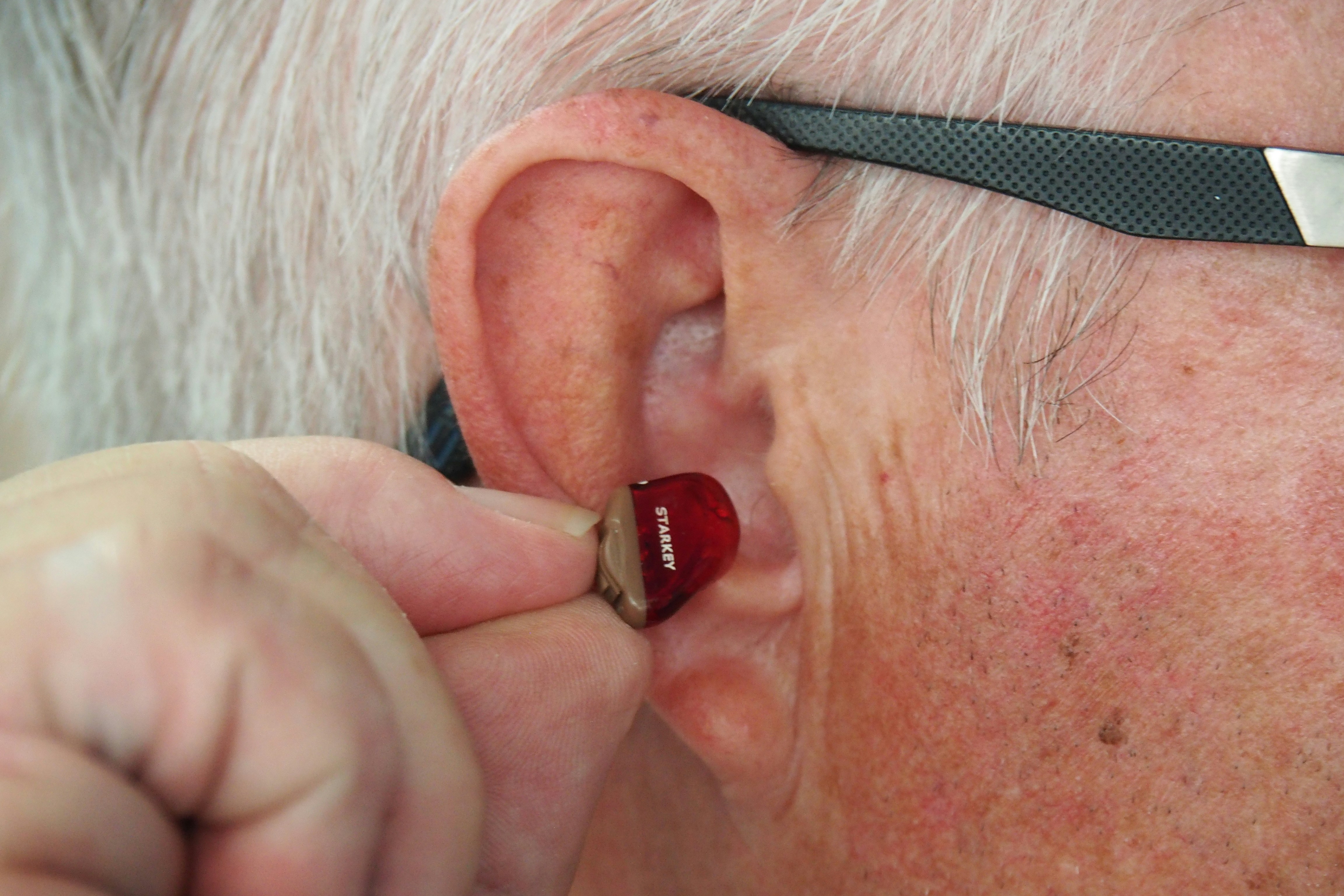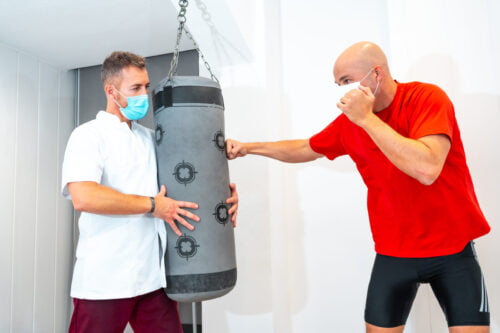It’s hard to be sick, especially for prolonged periods of time. Your symptoms start to wear on you, your quality of life may have declined, and the continuous need to think about your health conditions is a heavy burden to bear. It can prey on the mind. Whatever illness you’re dealing with—whether it’s tinnitus, a head injury, or even a tumor—it makes for a difficult time.
When your symptoms have got you down at times like these, and you don’t know where to turn, it’s a good idea to think about organizations and individuals, such as therapists, who can support you in the best way. Some people resonate best with individual therapy. Some do best with group therapy. Some prefer to go to a support group with people who suffer from similar conditions or symptoms. Take a moment with yourself and think about which type of counseling or other support may be the best for you. Here are some options to keep in mind as you explore your options.
Traditional Medical Treatment

One thing that must be considered is which traditional medical treatments exist for your specific malady. For example, if you’ve suffered a head injury and are experiencing tinnitus. As a result, there are ways of treating tinnitus that can help mask the symptoms, not to experience them quite as acutely. Tinnitus can result from a single injury or ongoing exposure to loud noise, and it’s usually experienced as a continuous buzzing, ringing, or humming in the patient’s ear. Chronic tinnitus can be quite maddening, and tinnitus patients complain that it’s not just the hearing loss (although that’s awful as well); it’s the sense that they never get any peace of mind because their auditory system is malfunctioning.
One thing that an audiologist may recommend is looking into hearing aids for masking the tinnitus symptoms. Depending on the kind of tinnitus, and the severity of the tinnitus a patient is experiencing, the minor intervention of introducing a hearing aid may do the trick to get patients some relief.
Alternative Treatments

Some people prefer to explore alternative therapies to treat chronic aches, pains, or hearing loss. This is a great idea, as long as you make sure that you’re seeing a licensed therapist trained in acupuncture, aromatherapy, or any other alternative therapy you turn to. There are also supplements, such as Ginkgo Biloba, that may help treat chronic health conditions. Before taking a supplement, be sure to look into all possible side effects and discuss it with your doctor. One of the biggest challenges in turning to alternative therapies is that they often lack clinical trials, so you want to make sure that they are safe for you to take with your given medical history.
Counseling with a Psychologist or Group Therapy

While turning to traditional medicine and alternative therapy is a great start, there are also emotional tolls that living with chronic tinnitus or any other health condition may impact your life. It’s not easy to handle a constant hissing or buzzing or a constant heartbeat in your inner ear. Even with a hearing aid that provides low-level white noise in your ear, the tinnitus effects can have you on edge all the time.
Whatever your chronic illness is, it will be sure to affect your psyche, and you need to care for the emotional side of things. The first step is deciding if you want a one on one therapist or prefer group therapy or a support group of sorts. These are all different ways of addressing the emotional trials of living with a chronic illness, and no one form of counseling is better than another. As long as you find a supportive space to find ways of letting go and relaxing, it’s a great way to help deal with a medical condition. For example, if you’ve in the Washington D.C. area, the Therapy Group of DC is a wonderful resource for those looking for an appropriate mental health service. Whether it’s group sessions, daily activities, women’s groups, or any other forms of counseling, you’ll be sure to find the support you need and a therapist you resonate with.




